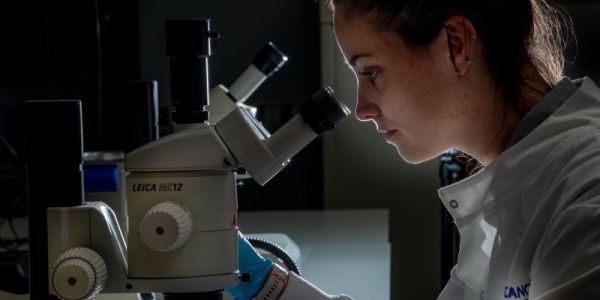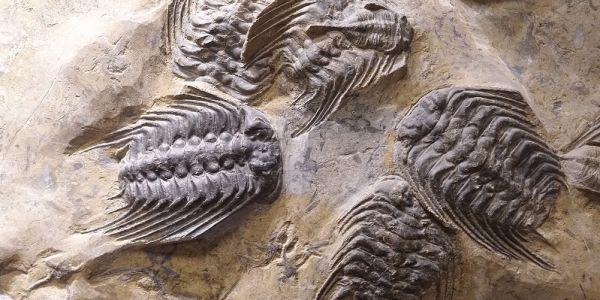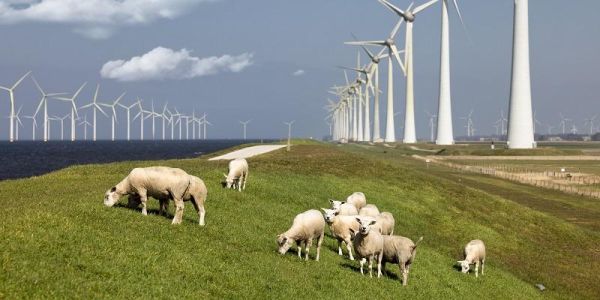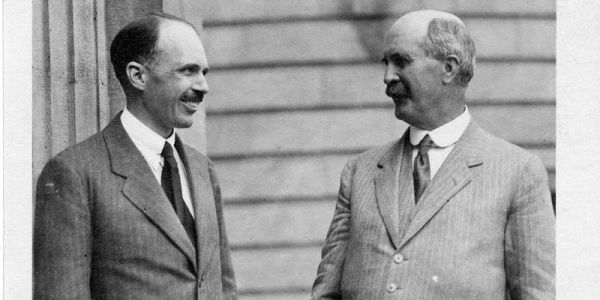
Upskilling the nation’s workforce
From nursing to computer science, apprenticeships at the University of Leeds offer an alternative route into higher level qualifications.

From nursing to computer science, apprenticeships at the University of Leeds offer an alternative route into higher level qualifications.

An ambitious vision placing Leeds at the global forefront of cancer research is officially set out today.

Named in the Forbes 30 under 30 Asia list, founder of LUÜNA Naturals Olivia Cotes-James (English Literature 2013) is improving lives across a continent.

Rare handwritten manuscripts and printed books by the Brontës have been entrusted to the University's Brotherton Library.

Scientists discover two intense periods of volcanism triggered a period of global cooling and falling oxygen levels in the oceans, causing one of the most severe mass extinctions in Earth history.

For at least the last 30 years, not a single country has met the basic needs of its residents without overconsuming natural resources, according to new research led by the University of Leeds.

Industry must speed up investment in new technologies that allow manufacture of materials using renewable electricity if net zero emissions targets are to be met, researchers warn.

An exhibition about a father and son team who made one of the most significant scientific discoveries of the 20th century opens today at the University.

Some sunscreens offer very limited protection against dangerous sunrays during use and may even be harmful.

Cec Thompson's (Economics, 1968, Hon MA, 1994) remarkable rise on the rugby field is matched only by his achievements off it, as he pushed himself from illiteracy to graduation.